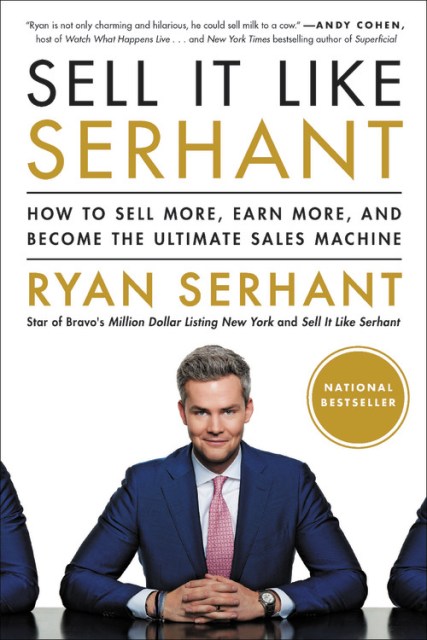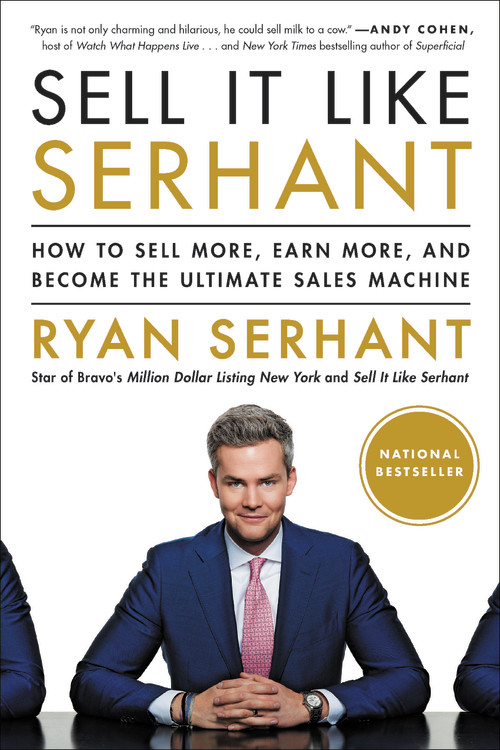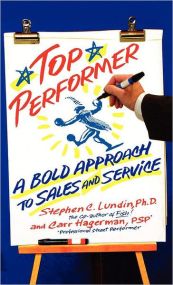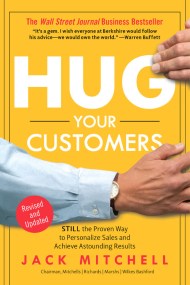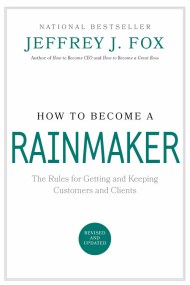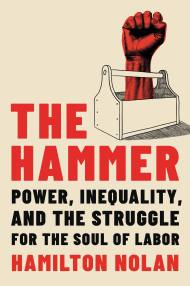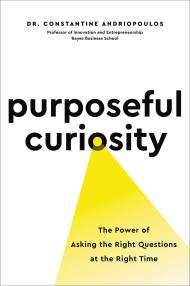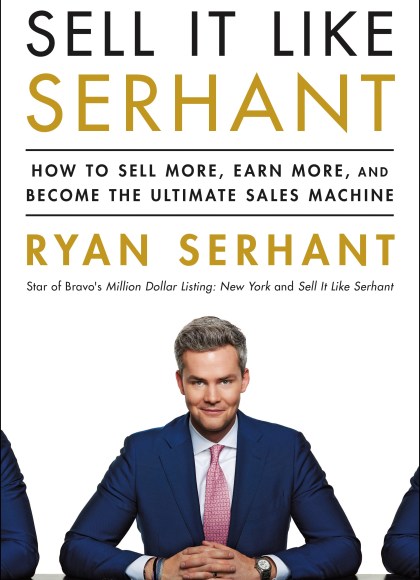Promotion
Use code MOM24 for 20% off site wide + free shipping over $45
Sell It Like Serhant
How to Sell More, Earn More, and Become the Ultimate Sales Machine
Contributors
By Ryan Serhant
Formats and Prices
Price
$17.99Price
$22.99 CADFormat
Format:
- Trade Paperback $17.99 $22.99 CAD
- ebook $11.99 $14.99 CAD
- Hardcover $29.00 $37.00 CAD
- Audiobook Download (Unabridged)
This item is a preorder. Your payment method will be charged immediately, and the product is expected to ship on or around September 10, 2019. This date is subject to change due to shipping delays beyond our control.
Also available from:
This national bestseller is a lively and practical guide on how to sell anything and achieve long-term success in business.
Ryan Serhant was a shy, jobless hand model when he entered the real estate business in 2008 at a time the country was on the verge of economic collapse. Just nine years later, he has emerged as one of the top realtors in the world and an authority on the art of selling. Sell It Like Serhant is a smart, at times hilarious, and always essential playbook to build confidence, generate results, and sell just about anything. You’ll find tips like: The Seven Stages of Selling How to Find Your Hook; Negotiating Like A BOSS; How to Be a Time Manager, Not a Time Stealer; and much more!
Through useful lessons, lively stories, and vivid examples, this book shows you how to employ Serhant’s principles to increase profits and achieve success. Your measure of a good day will no longer depend on one deal or one client, wondering what comes next; the next deal is already happening. And Serhant’s practical guidance will show you how to juggle multiple deals at once and close all of them EVERY. SINGLE. TIME.
Whatever your business or expertise, Sell It Like Serhant will make anyone a master at sales. Ready, set, GO!
Sell It Like Serhant is a USA Today Bestseller, Los Angeles Times Bestseller, and Wall Street Journal Bestseller.
Genre:
-
"Ryan Serhant is the authority on all things selling. If you want to sell more than anyone else, read this now."Gary Vaynerchuk, New York Times bestselling author of Crushing It!: How Great Entrepreneurs Build Their Business and Influence ? and How You Can, Too
-
"Selling-your product, your service, even yourself-has changed more in the past 10 years than in the previous 100. That's why you need this book. Drawing on his incredible success selling real estate in one of the world's most pressure-cooker markets, Ryan Serhant offers smart, practical, modern guidance for getting, keeping, and serving customers and clients. Whatever you do for a living, you'll do it better if you learn to sell like Serhant."Daniel Pink, New York Times bestselling author of When and To Sell is Human
-
"Sell It Like Serhant is the only sales book you'll ever need. Ryan Serhant distills the secrets to achieving long term sales success for making more money and gaining freedom in your life. Ryan's sales methodology and techniques can benefit anyone regardless of industry, profession, and income level. Whether you're just starting out, or looking to up your game, this is the book for you."Dan Schawbel, New York Times and Wall Street Journal bestselling author of Promote Yourself and Back to Human
-
"Whether you're in real estate or an author, you have to know how to sell yourself and your work. Because if you don't, you can't eat. This book from one of America's hardest hustling salesmen is a crash course into becoming great at it."Ryan Holiday, bestselling author of The Obstacle Is the Way and Ego Is the Enemy
-
"Sales are the foundation of any company, and this must-read book shows you how to master it. Ryan's journey as he sharpened his own sales skills is truly inspiring and something every salesperson or entrepreneur needs to learn from."Daymond John, star of ABC?s Shark Tank and New York Times bestselling author of Rise and Grind
-
"This book isn't just about sales, it's about self-improvement overall. If you're looking to maximize your potential, you should read Ryan's book."Lewis Howes, New York Times bestselling author of The School of Greatness
-
"You want a big life on your own terms, and Sell It Like Serhant provides excellent advice that will help you boost your confidence, expand your network and sell yourself or your ideas to absolutely anyone."Ann Shoket, former Editor-in-Chief at Seventeen Magazine and author of The Big Life
-
"Ryan is not only charming and hilarious, he could sell milk to a cow. This book is going to be very helpful and humorous to a lot of people looking to up their business game."Andy Cohen, host of Watch What Happens Live... and New York Times bestselling author of Superficial
-
"Sell It Like Serhant cuts to the heart of what it takes to build a great sales career - passion, curiosity, and being willing to do almost anything."Larry King, host of Larry King Now and New York Times bestselling author of My Remarkable Journey
-
"Full of smart tricks and tips to make a seller out of you."PEOPLE.com
-
"[A] go-to sales Playbook for effective Sales strategies and processes that actually work in the corporate world."Medium
- On Sale
- Sep 10, 2019
- Page Count
- 240 pages
- Publisher
- Hachette Books
- ISBN-13
- 9780316449588
Newsletter Signup
By clicking ‘Sign Up,’ I acknowledge that I have read and agree to Hachette Book Group’s Privacy Policy and Terms of Use
